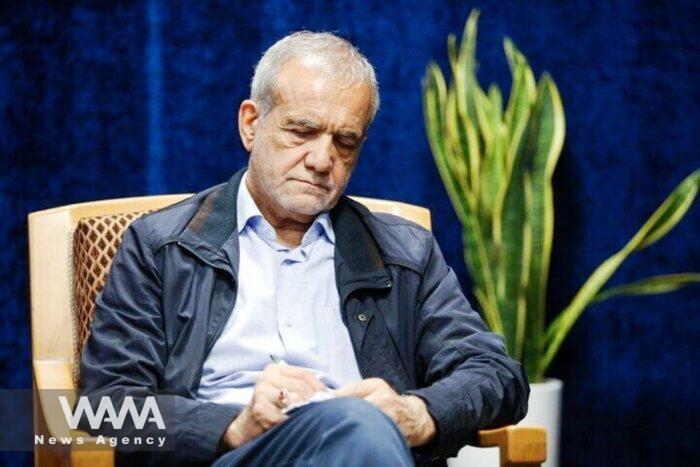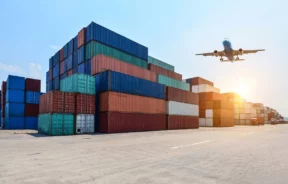EU’s Effort to Revive Nuclear Talks with Iran Faces New Challenge
WANA (Sep 09) – A spokesperson for the European Union announced that the EU is still seeking to revive nuclear negotiations with Iran. Peter Stano, the EU’s foreign policy spokesperson, stated that the EU’s High Representative is in contact with all JCPOA (Joint Comprehensive Plan of Action) parties, including Iran, to keep diplomatic channels open for resuming sanctions relief negotiations.
Iran-EU Relations under the New Iranian Government
In an interview about the future of Iran-EU relations, considering Iran’s new government, Stano expressed that the EU remains committed to a comprehensive policy based on mutual respect and is ready to cooperate with Iran in any area of mutual interest. He emphasized that diplomacy remains the best solution for sensitive issues.
Iranian Officials’ Stance
Masoud Pezeshkian, the President of Iran, also emphasized the need for constructive cooperation with Europe in an article published in the Tehran Times. He pointed out that after the U.S. withdrew from the JCPOA, Europe made 11 commitments to Iran, none of which were fulfilled. However, he stated that Iran is still open to constructive engagement based on mutual respect.

The Elected President’s Article in Tehran Times; My Message to the New World
WANA (July 13) – Iran’s elected President has published an article titled “My Message to the New World,” outlining his perspective and approach to relations with regional countries, Africa, China, Russia, Europe, and the United States. In part of this article, Dr. Masoud Pezeshkian stated that his administration intends to pursue an opportunistic policy, […]
In this context, Iran’s Foreign Minister, Seyyed Abbas Araghchi, announced that Iran seeks dignified engagement with Europe to safeguard its national interests. He highlighted that Iran-EU relations have experienced many ups and downs in recent years.
The Ukraine War and Iranian Drones
On the other hand, the EU has expressed concern over the use of Iranian drones by Russia in the Ukraine war. Stano noted that this issue could negatively impact Iran-EU bilateral relations. Iran has denied these claims, repeatedly stating that it has not sent any weapons to Russia for use in the Ukraine war.
Challenges in Reviving the JCPOA
Araghchi also addressed the challenges of reviving the JCPOA, stating that the international environment has changed, and new negotiations to restore the deal won’t be as easy as before. He stressed that some aspects of the JCPOA need to be revised, which will not be a simple task.

Iran: Western Arms Prolong the Ukraine War
WANA (Sep 05) – Iran’s Ambassador to the United Nations, rejecting the “baseless and misleading” accusations from the U.S., the UK, and France regarding Tehran’s role in the Ukraine conflict, stated: “The United States and its allies cannot deny the undeniable fact that the shipment of advanced Western weapons, particularly by the U.S., has prolonged […]
Nevertheless, it is expected that new talks may take place on the sidelines of the UN General Assembly between Iranian officials and EU representatives regarding the JCPOA and regional developments. These meetings could be a crucial opportunity to reassess the situation and explore diplomatic solutions to revive the nuclear deal.
Despite the EU’s ongoing efforts to maintain communication channels and the new Iranian government’s willingness to improve relations with the West, there appear to be opportunities for cooperation. However, complex issues such as the allegations of Russia’s use of Iranian drones in the Ukraine war and changing international conditions have posed obstacles to these interactions. Thus, any progress in the negotiations will depend on how these challenges are managed and the flexibility of both sides.












